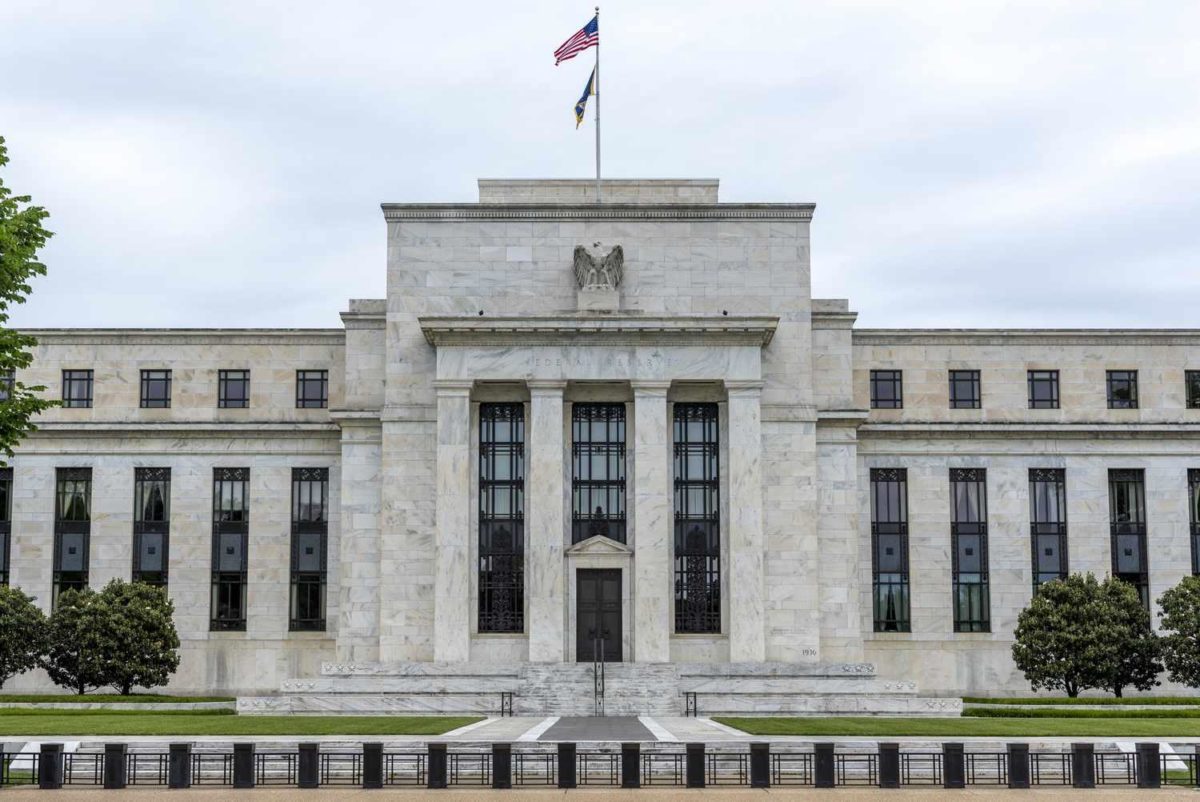People well-versed in the matter have stated that Amazon’s significant drop in stock value in the past year is disrupting the company’s stock-dependent compensation plan. As a consequence, employees are receiving lower compensation than the target compensation.
A significant part of Amazon’s workers’ annual salaries are distributed from restricted stock units. However, a prolonged decline in the company’s shares has caused the promised payments to decrease between 15% and 50%.
Amazon ends up in a Big Tech funky spot for Riffs
Amazon has a history of offering lower base pay to its employees compared to its fellow tech giants. Nevertheless, the company has been compensated with stock awards that have become available over multiple years. According to employees, the amount of time an Amazon employee spends with the company directly affects an increase in their compensation from stock awards. In some cases, stocks can make up more than 50% of an employee’s total income.
Amazon’s shares have fallen more than 35% in the past year. This occurred mainly due to a general slowdown in the tech industry and slower growth in Amazon’s retail business. When Amazon grants restricted stock units to employees, it is based on the assumption that Amazon’s shares would increase by at least 15% each year. This resulted in a major gap between employee pay and targeted compensation.
For a long time, this actually worked. From 2017 to 2022, the stock price actually appreciated by an average of about 30% per year. But this is no longer true. In the past year, Amazon’s shares have declined. Some employee pay packages were based on the assumption that Amazon’s shares would be around $170 per share. Hence, the stock is currently trading at around $96 per share.
In light of the company’s declining stock price having a negative impact on employee compensation, Amazon’s human resources team has sent documents to managers on how to convey the pay reduction to its employees, as revealed by The Wall Street Journal. The materials recommend managers to redirect employees’ attention to Amazon’s long-term performance and encourage them to hold on to the restricted stock until their stock price recovers.
















